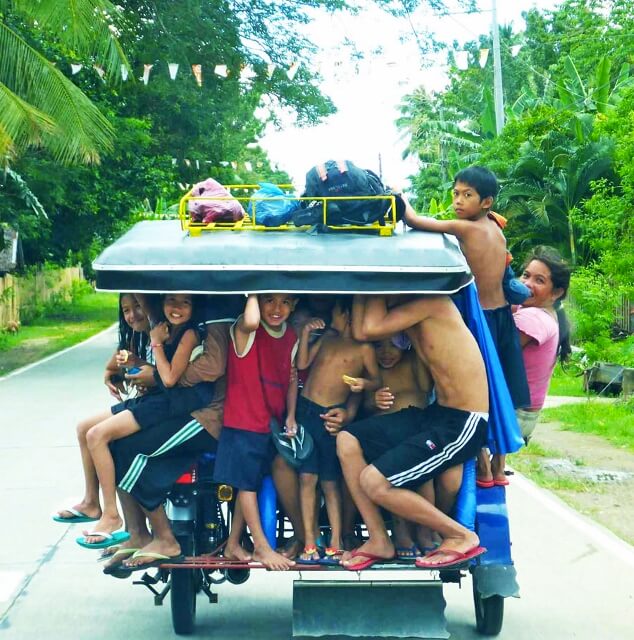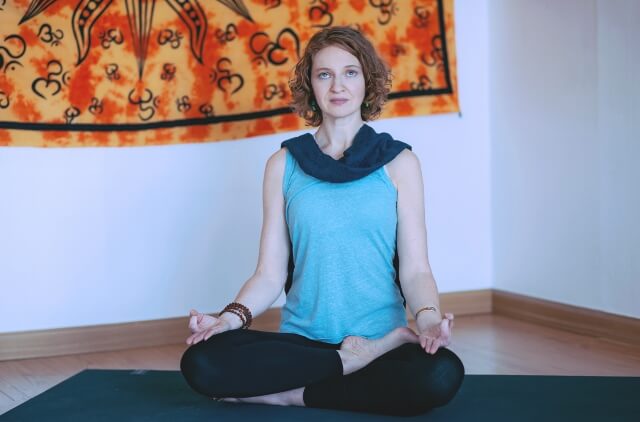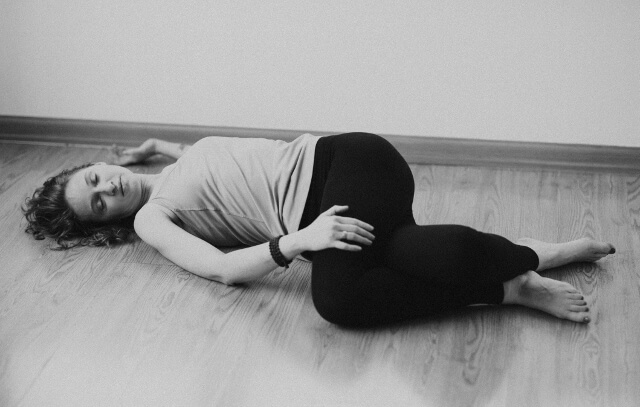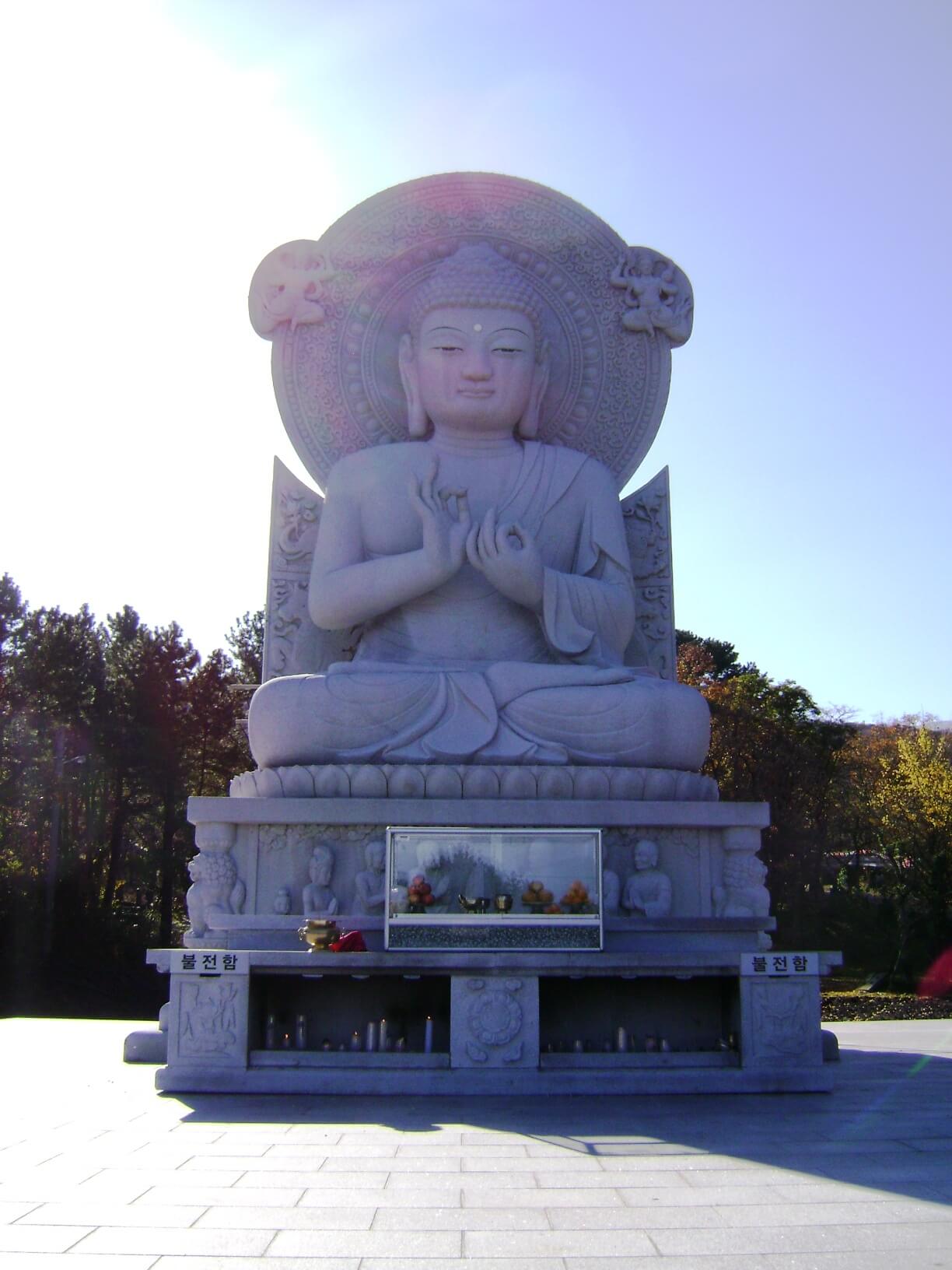We’ve been here in the Philippines nearly 2 months and the last 2 weeks have gone by the fastest for me. Over the holidays, things really slowed to a crawl in terms of disaster support, both for our organization and the various gov and non-gov organizations on Bohol, the island in central Philippines where Circus and I find ourselves doing disaster relief work following the latest super typhoon. But January 2nd we all walked into the office and 2014 lit a fire under our collective spirits, in part because Rhonda, the full-time IDEA volunteer (International Deaf Education Association) who I was assisting, went home to be with her family, leaving me to become the housing liaison. Add to that the projects I’ve been trying to move along for the past 6 weeks and I’m a busy girl all of a sudden! It was a quick shift from doing very little to very busy days and long to do lists, often more than I can accomplish in a day. And then there’s the culture shock of adjusting to being any particular identity in Filipino culture.
My rajasic, workaholic nature is greatly pleased with this, and with feeling like I can really contribute to the houses and home repairs that IDEA is offering the long list of families in need. My more balanced, enjoy-life nature reminds me that I can only do so much and that life is not actually measured by how many things you do in a day. As many years as I’ve worked to re-route that samskāra (pattern), I’m still working on that. I still find myself becoming quickly overwhelmed, playing the martyr card (“Oh, I have so much to do!”) and even experiencing an inflated sense of ego and “my accomplishments.” Fortunately, I also get a regular dose, via personal or outside reminders, that I am not the doer of any of this. My morning meditations include a prayer of recognizing my emptiness, not being personally attached to outcome, and offering any “success” or “accomplishment” back to the source from which it came.
It’d be great to write a blog all about my yogic successes and how well I am doing at the yamas and niyamas (universal values). But I think there is far more value – for myself and my readers – in laying out the mistakes and continuous lessons learned. And remembering that, like the successes, I also have to let go of the fruits of my embarrassments and failures and not grasp or claim personal attachment to them.
Working in the IDEA office has become more enjoyable as I develop a personal relationship with many of the Filipino employees. For the first month, I felt very alienated as I really didn’t understand how to work with Filipino women. I started to read a book called Culture Shock Philippines from our housemate, Josh. Circus found a lot of poignant information on adjusting to the personal and professional idiosyncrasies of this culture and wrote this great blog about it a few weeks ago. One important thing we’ve learned is that direct communication between people is not tolerated here. I mean, really not tolerated. If someone needs to receive feedback, either positive or negative, it is NEVER delivered directly from the one giving the feedback. Instead, it’s spread like a gossip wheel, with person A telling person B, person B telling person C and person C eventually passing on the information to the right beneficiary.
I experienced this yesterday morning from the teachers at the deaf high school where we live. I was assisting Scotti, the American volunteer teacher, with a new Saturday program and was also asked to share a few tips on creating Project-Based and Out-of-the-Box lessons. I had a short meeting with the principle at 8am where I was told that I was not really being asked to teach the teachers. An hour and a half later, while I was leading an activity to the deaf high school students, I was told by someone who told someone who told someone else that I was being asked to teach the teachers and could I please come, now. I was in the middle of teaching the students, however, so the students had to wait. No hard feelings, no problem, just a misunderstanding. Later in the afternoon I was informed by that same 3rd party “go-between,” as they are called, that the principle had misunderstood me (she is partially deaf and had misinterpreted a gesture I made) as saying that I was not going to teach the teachers. So, in Filipino style, all was worked out, no one was offended and the information eventually made it to the right person.
Here’s the rub: I have been working for nearly a decade to embody direct communication. Every fiber of my being wants to be given direct feedback and to equally communicate with others. I’ve experienced that direct communication is really the best way to work through hurt feelings, vulnerabilities, share a work environment and personal relationship, and to not let things fester or turn into complaining, politics or drama. If you are a westerner, and especially a person for whom awareness and consciousness are values, you probably appreciate direct communication just as much as me. So I’ve found myself wondering how to fit in so as to be able to contribute the best I can to the local environment but also not play into office politics and gossip.
Here is where not speaking Bisayan, the local language, is actually a plus because I don’t have to hear the gossip that others talk about most of the day. And they are free to say whatever they want about me without me understanding or having the chance to be embarrassed or take it personally. Even seemingly little things like whether or not to accept food you are offered and to make small talk before diving into a work issue can really upset people if you don’t follow social protocol. And if you do make a mistake, which I do every day, no one will tell you. The same is true, by the way, for locals and foreigners. They’ll just talk amongst themselves and deny there is every a problem.
Sigh.
Perhaps the hardest part is watching my own judgments about how detrimental that is to a society and not just being able to say, “that’s just the way it is.” I think there can be a happy medium of not playing into what I perceive as destructive behavior, even if it is the cultural norm, while trying to stay away from judgments or thinking my way is better. To exaggerate the point, even if everyone around me were burning people at the stake, I wouldn’t do it just to fit in. I hope. Certainly, walking the self-seeking path has taught me that fitting in is not really important, but respecting people’s choices and values and supporting wherever people are on their own path/culture/personal expectations/faith/etc is important. It’s harder to change the world if you’ve alienated yourself beyond redemption and no one wants to support you.
And now an uplifting story: A few weeks ago Circus mentioned wanting to play Monopoly. We live in a little cottage with Josh, an American volunteer, and Scotti his girlfriend who lives in the school but spends most of her daylight hours at the cottage. So the four of us hang out in the mornings and evenings with not much to distract us. And sometimes distractions are nice. Circus started looking around online and found a downloadable and printable Monopoly game. He printed the game board and Chance/Community Chest cards, downloaded the property values, and we borrowed dice from Dennis, IDEA’s founder and our “boss.” We all found something around the house for a game piece. Circus used a Davy Crockett keychain that the Mother Superior of Bellefonte Parish gave him. I used a small Buddha figurine. Josh used a Centavo coin, and Scotti used the cap to a perfume bottle. We hand-wrote the real estate cards as we bought them and kept a running bank statement instead of printing paper money. And it was down-home American fun! This morning we played for the 3rd time and it has given us about 12 hours of enjoyment. We appreciate it more as we had to make it ourselves. Nothing comes easy here, which perhaps makes it easier to laugh together.
I’m really trying to separate work from home, but that is difficult when everyone you live with you also work with. Circus and I find ourselves talking about work every evening, even when we try to create a boundary. We share about our day, which inevitably leads to a discussion about the events and people, which leads to conversations about other work events and people, which leads to talk about building shelter, meetings, progress at work, the great need and how slowly it’s being met, colleagues, politics, etc, etc. Creating those firm boundaries is important for me, and that is on my new list of goals, especially as I decided to stay here for another month. The organizational team for IDEA’s disaster relief shelter building is quite small, 6 people including us, and I personally feel like my contribution is beneficial and in line with my personal mission and that of IDEA. I can’t begin to go into detail about the challenges, trials, learning curve, moments of connection, frustration, appreciation, laughter and tears that I’ve experienced on Bohol, but I’ll just say that I’m in for at least another few weeks. It’s been an emotional roller coaster and, as I was reflecting during my morning practice today, as long as I can return to my center regularly, I can handle what life throws my way. Even in those moments when I say to myself, as I’m sure you do, “I cannot handle this,” there’s that little voice that whispers, “Yes, you can.”





